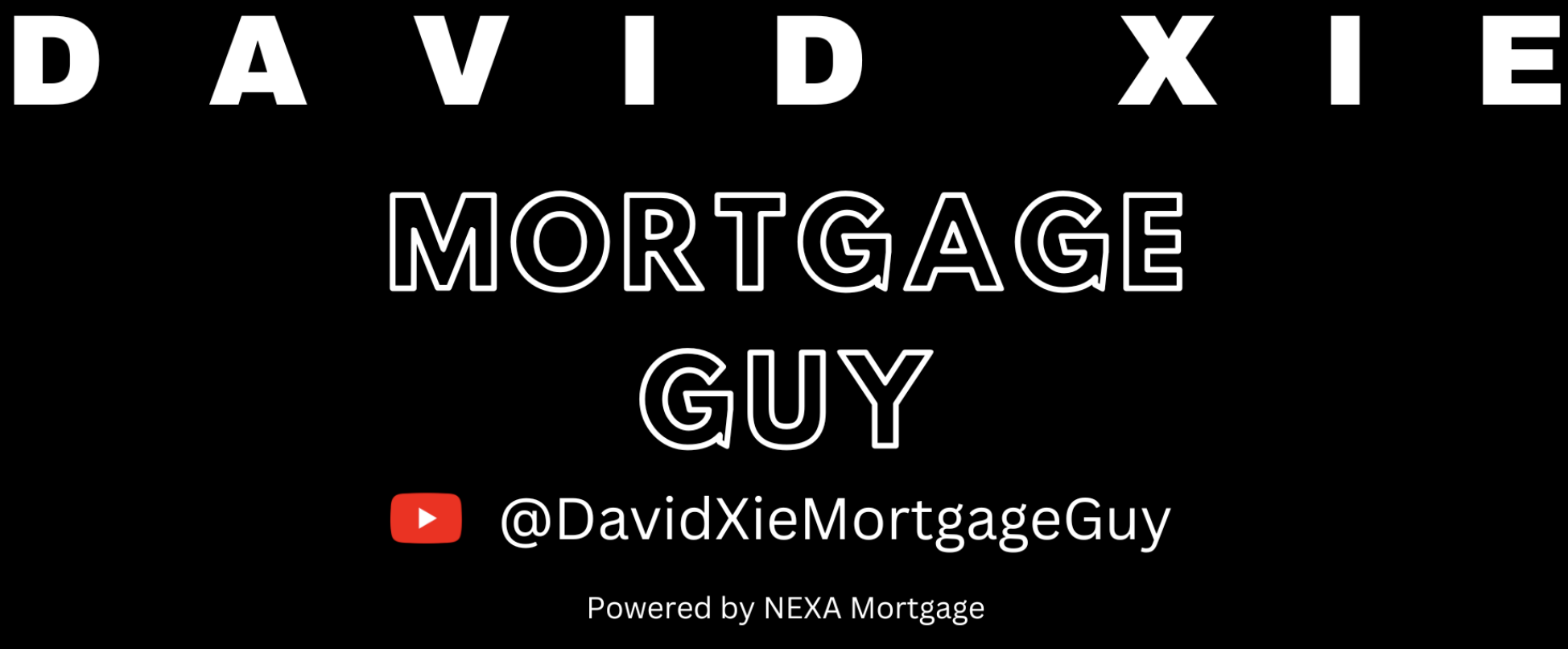For many first-time homebuyers or those with less-than-perfect credit, navigating the world of mortgage options…
Can I Afford a Mortgage?
Introduction: Evaluating Your Budget and Mortgage Affordability
If you’re gearing up to dive into the world of house shopping, you’re likely already deep into the process of scrutinizing your budget. A significant question on your mind is probably how much house you can actually afford. For many potential homeowners, the concern isn’t just about how much they can spend, but whether they can afford a mortgage at all. Deciding to take out a mortgage to purchase a home is a monumental step that requires careful consideration of several key factors. This decision isn’t just about the excitement of owning a home; it’s about ensuring that homeownership aligns with your financial goals and long-term plans.
Rent vs. Mortgage: Analyzing Your Options
One of the first aspects to consider is the comparison between renting and taking on a mortgage. The dynamics between rent and mortgage payments can vary significantly depending on the housing market in your area. In some regions, it might actually be cheaper to rent a home of similar size and quality rather than buying one. Conversely, in other areas, purchasing a home could prove to be more cost-effective in the long run. The housing market is notoriously fickle, with prices and trends fluctuating even within the same area over time. This is where working closely with a knowledgeable real estate agent becomes invaluable. A good agent will help you stay informed about the latest trends in home prices and availability, guiding you to make the most informed decision possible. Their insights into the local market can be the difference between securing a great deal on a home and overspending.
Understanding Extra Expenses: Beyond the Purchase Price
When calculating the affordability of a mortgage, it’s crucial to remember that the purchase price of the home is just one part of the equation. The interest rate at the time of your mortgage application can significantly influence your monthly payments. A slight increase or decrease in interest rates can have a substantial impact on what you pay each month, and by extension, on your overall budget. Beyond the interest rate, there are other expenses to consider, such as property taxes and homeowners insurance. These costs are often bundled into your monthly mortgage payment in what is known as PITI—Principal, Interest, Taxes, and Insurance. This calculation is typically finalized at closing, but it’s wise to have a solid understanding of what these costs might be early in the mortgage process.
Preparing for Maintenance and Unexpected Costs
Another critical aspect of homeownership is the responsibility of maintenance and repairs. Unlike renting, where a landlord would cover the cost of repairs, owning a home means that you need to budget for these expenses yourself. Whether it’s routine maintenance, like servicing your HVAC system, or unexpected repairs, like fixing a leaky roof, these costs can add up quickly. It’s essential to leave some room in your budget for these potential expenses to avoid financial strain later on.
Consulting with a Loan Officer: Balancing Qualifications and Budget
Before finalizing your decision, it’s advisable to consult with a loan officer to understand what you qualify for in terms of a mortgage. However, qualification doesn’t always mean affordability. It’s crucial to compare the loan amount you qualify for with your personal budget to ensure that you’re making the right decision for your financial situation. Remember, just because you qualify for a higher loan amount doesn’t mean you should max out your budget. Sometimes, purchasing a less expensive home can offer more financial flexibility, allowing you to invest in renovations, upgrades, or even just enjoy your new home without financial stress.
Conclusion: Making the Right Choice for Your Future
In conclusion, determining whether you can afford a mortgage and how much house you should buy is a complex process that involves more than just looking at the sticker price of a home. By carefully considering the ongoing costs of homeownership, such as interest rates, taxes, insurance, and maintenance, you can make a well-informed decision that supports your long-term financial health. Working with professionals like real estate agents and loan officers can provide you with the insights and advice needed to navigate this important decision. Ultimately, the goal is to find a home that not only meets your needs but also fits comfortably within your budget, allowing you to enjoy the benefits of homeownership without unnecessary financial strain.





